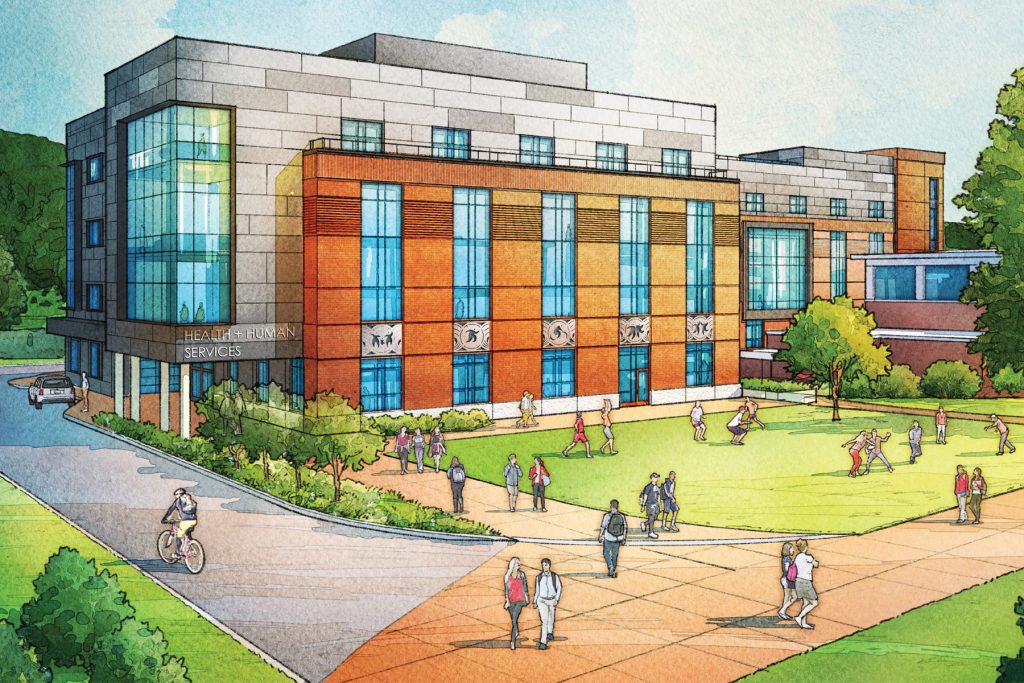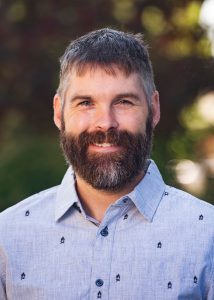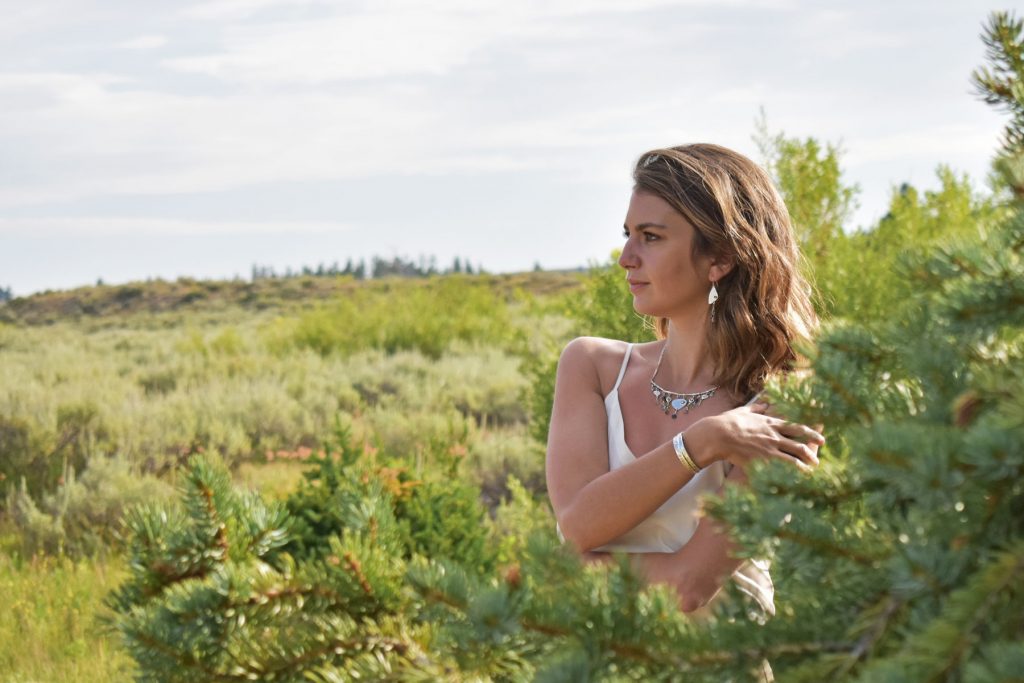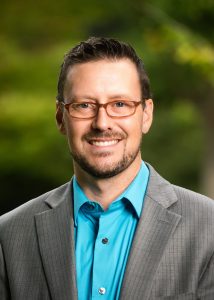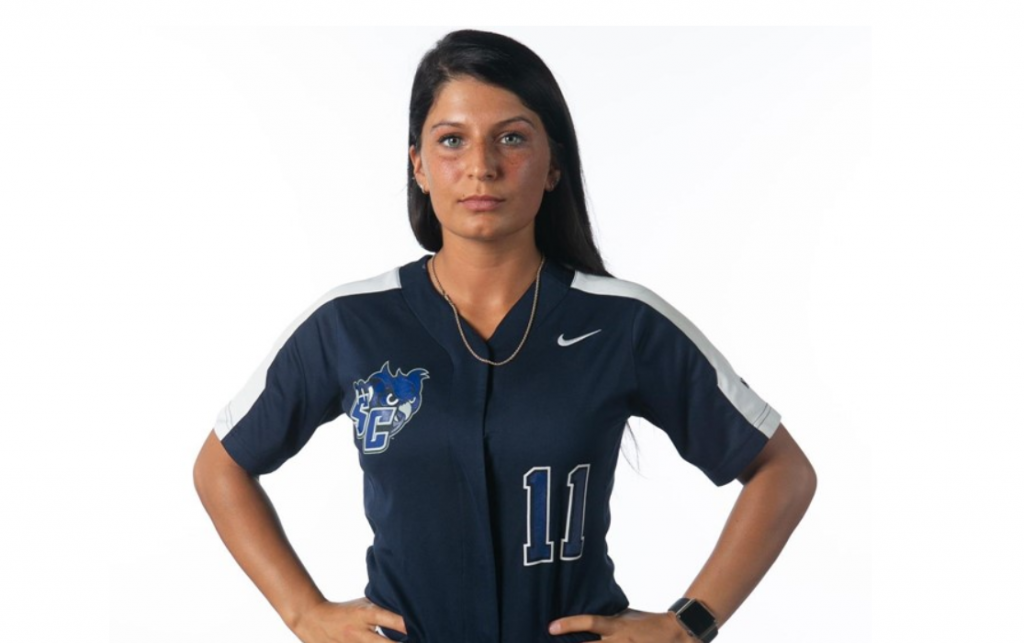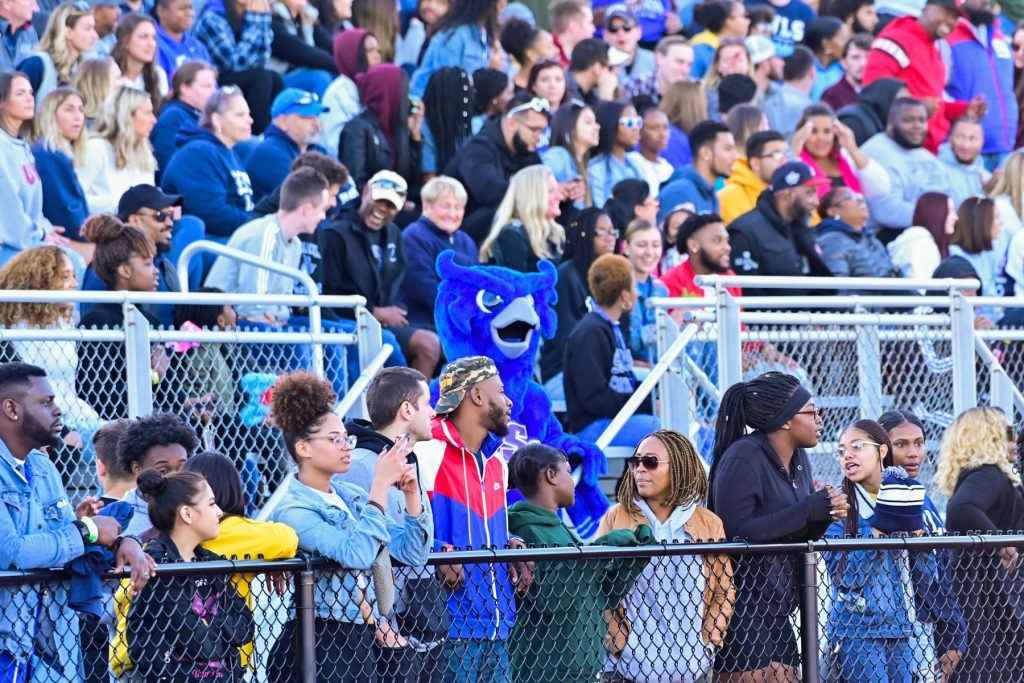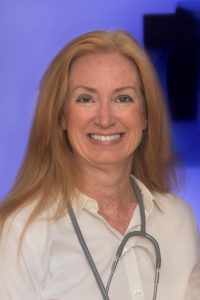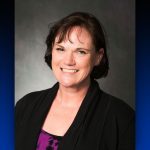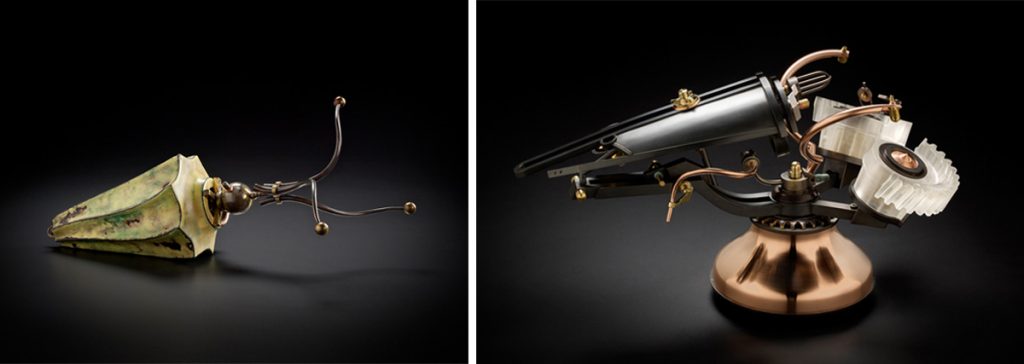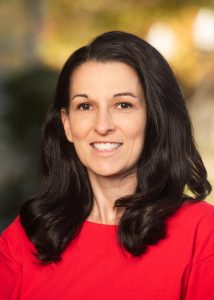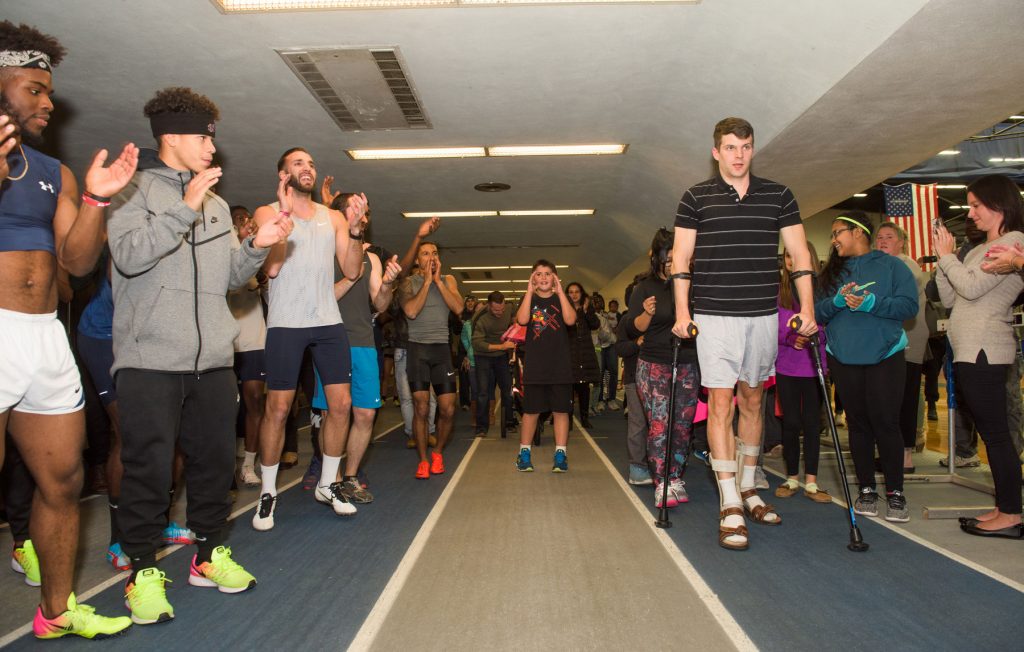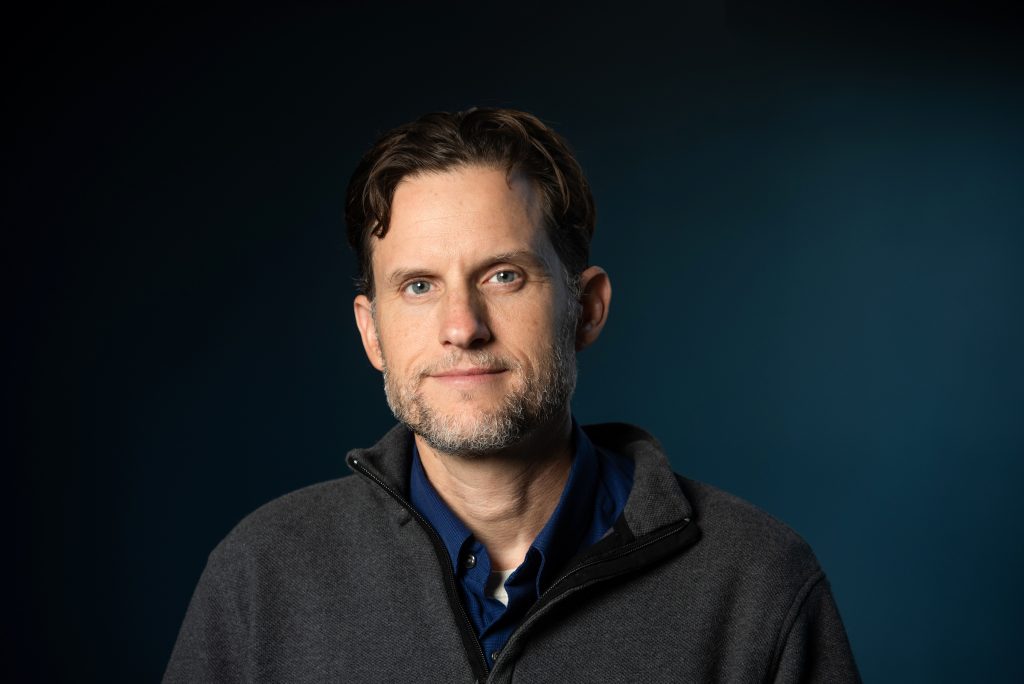

Southern Connecticut State University is hosting its annual Volunteer Income Tax Assistance (VITA) program every Wednesday from 5 to 7:30 p.m. in the School of Business Trading Room (SB 005), through April 8, 2020. There will be no program on March 18, due to spring break. The program began on February 26.
The VITA program offers free tax support to people who generally make $56,000 or less, persons with disabilities, and limited-English-speaking taxpayers who need assistance in preparing their own tax returns. For qualified individuals, IRS-certified volunteers provide free basic income tax return preparation with electronic filing.
Here at Southern, many of those certified tax preparers are accounting students, making the program mutually beneficial to both qualified individuals in need of tax assistance and the students who are preparing the tax returns.
Dr. Frank Bevvino, the accounting professor on campus who oversees the Southern VITA program, says “The program is beneficial to the students in two ways; it benefits students in the School of Business, especially the Accounting Program, providing the student with not only ‘hands on’ experience in preparing actual tax returns for individuals, but more importantly the experience of interaction with taxpayers directly.”
He added, “In the classroom, when taking a tax course, the tax returns are prepared with facts provided to students and there is not interaction with a person. Additionally, the VITA Program allows the student the opportunity to prepare tax returns on tax software provided by the Internal Revenue Service.”
All of the volunteers who wish to participate in the program are required to take and pass three different exams through the IRS, and the 10 SCSU students who are involved in the program this year are enrolled in a competitive three-credit Income Tax Administration Practicum (ACC 352).
“The exams are given online at the IRS website and includes areas of ethics in handling personal tax information, procedures in conducting an interview with taxpayers, and an understanding of basic individual income tax law,” said Bevvino.
He points out that these are important life skills for everyone to have.
Paulina Lamot, ’20, is going into her third year as a VITA volunteer, saying “I think it is a phenomenal opportunity for students to get an idea of what it is like to prepare real tax returns and work with actual taxpayers, and to apply what we learned in ACC 350 (Federal Income Taxation) in real-life scenarios. I would highly recommend participating in the VITA program to any student interested in Tax. Dr. Frank Bevvino and [SCSU Accounts Payable Coordinator] Anna Rivera-Alfaro are very supportive and work beside you in case you run into any hiccups.”
Since the program is open to anyone who generally earns less than $56,000 per year, students have the benefit of getting their taxes done for free. In 2019 the SCSU VITA volunteers processed 50 tax returns.
For more information about the program or to make an appointment, contact Debby Amendola at amendolad1@southernct.edu or Dr. Frank Bevvino at bevvinof1@southernct.edu.
Appointments are encouraged, but not required.


